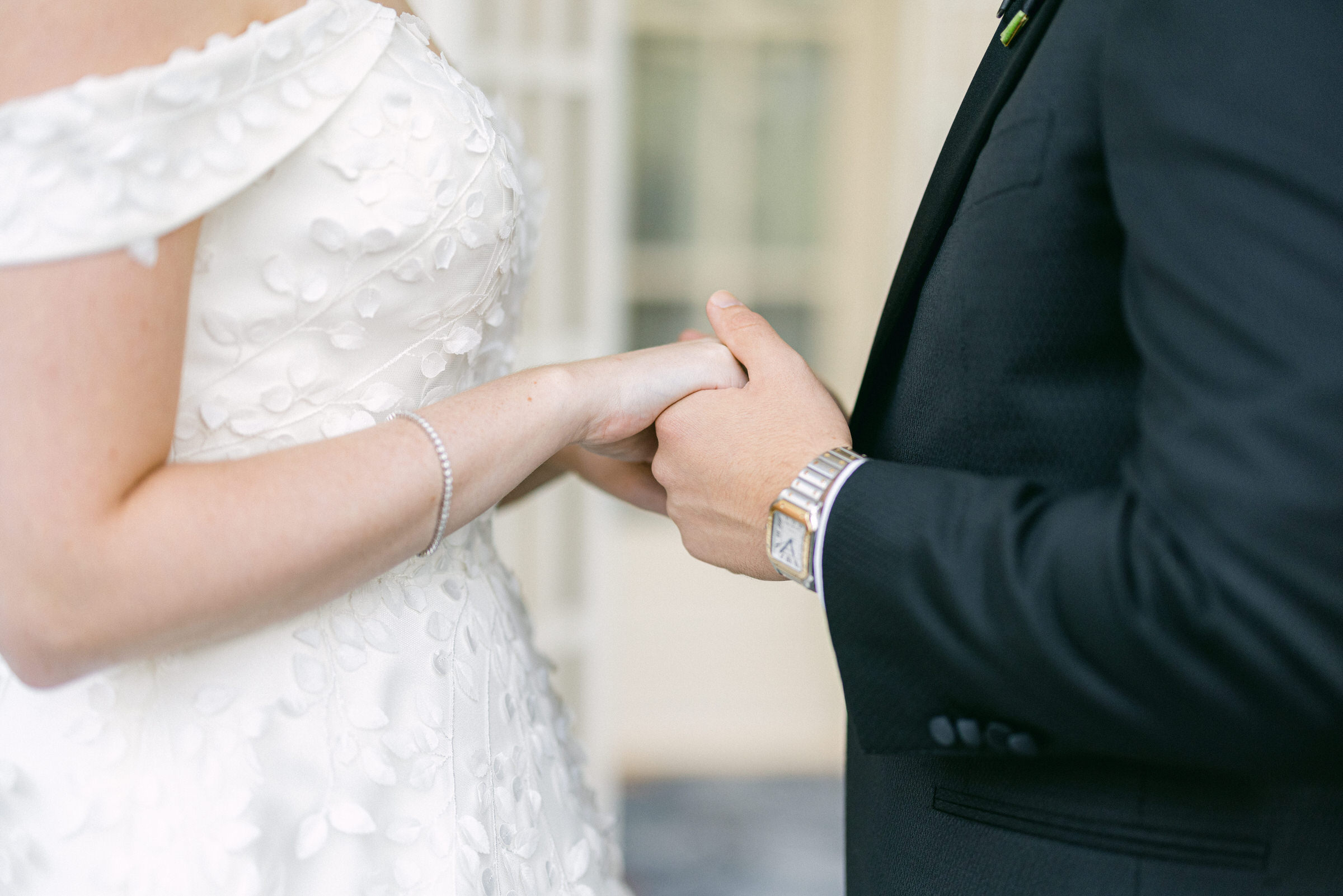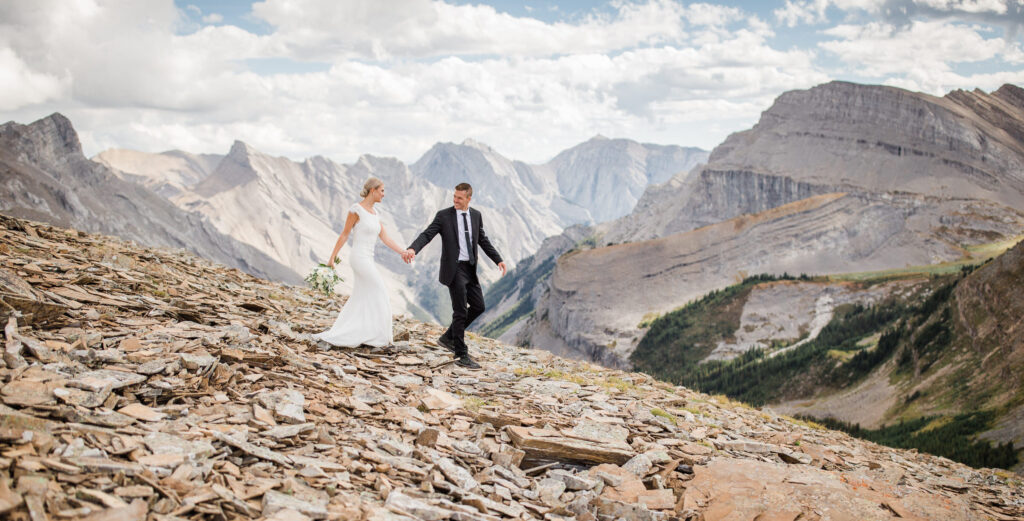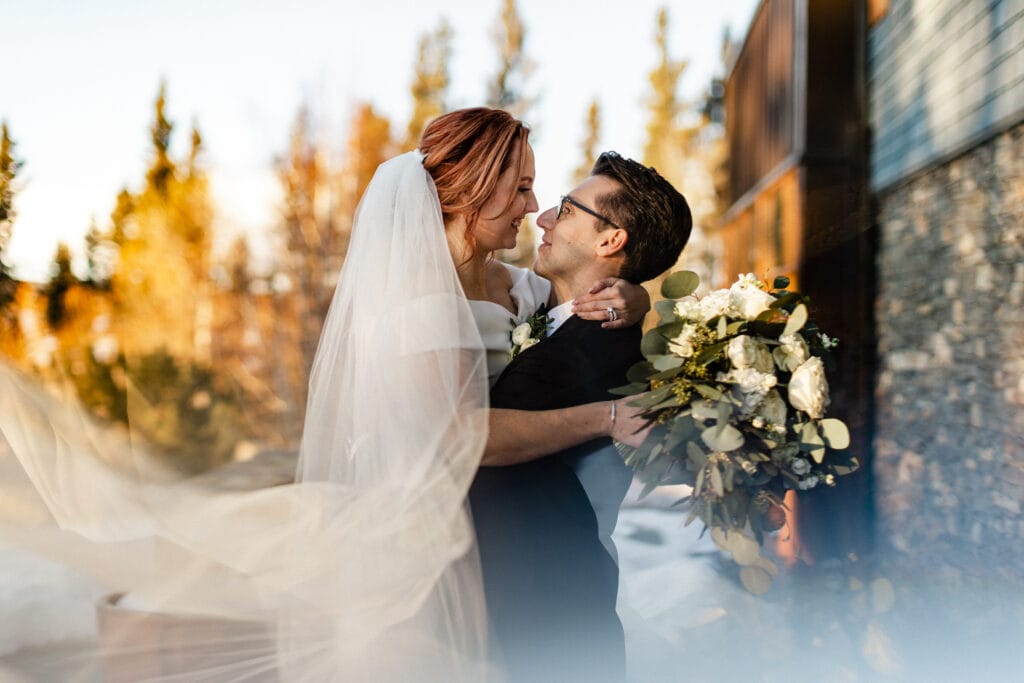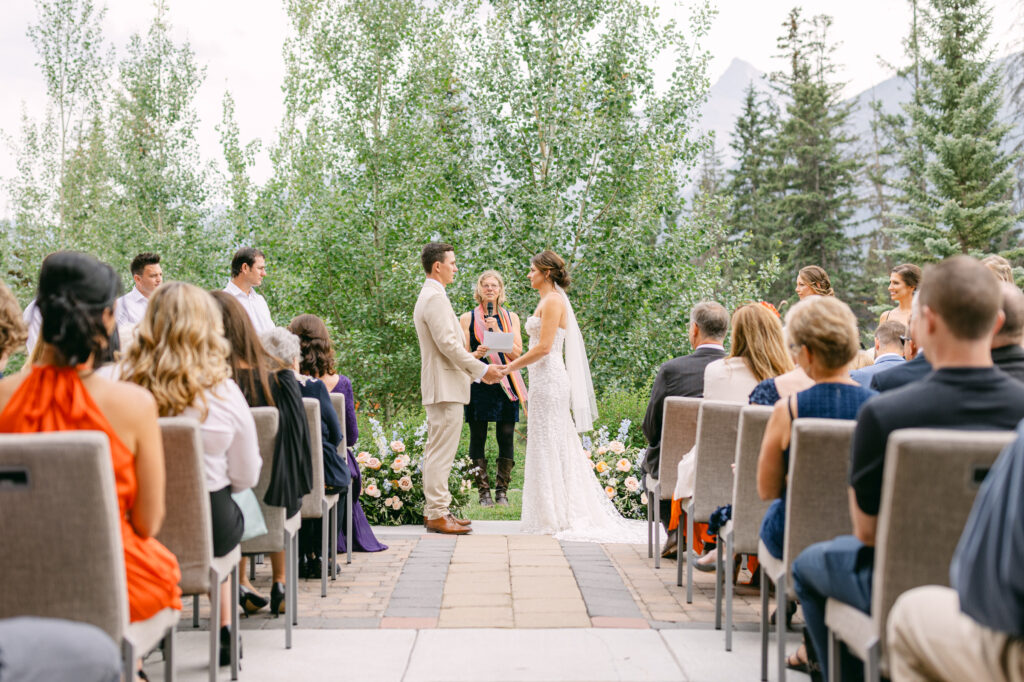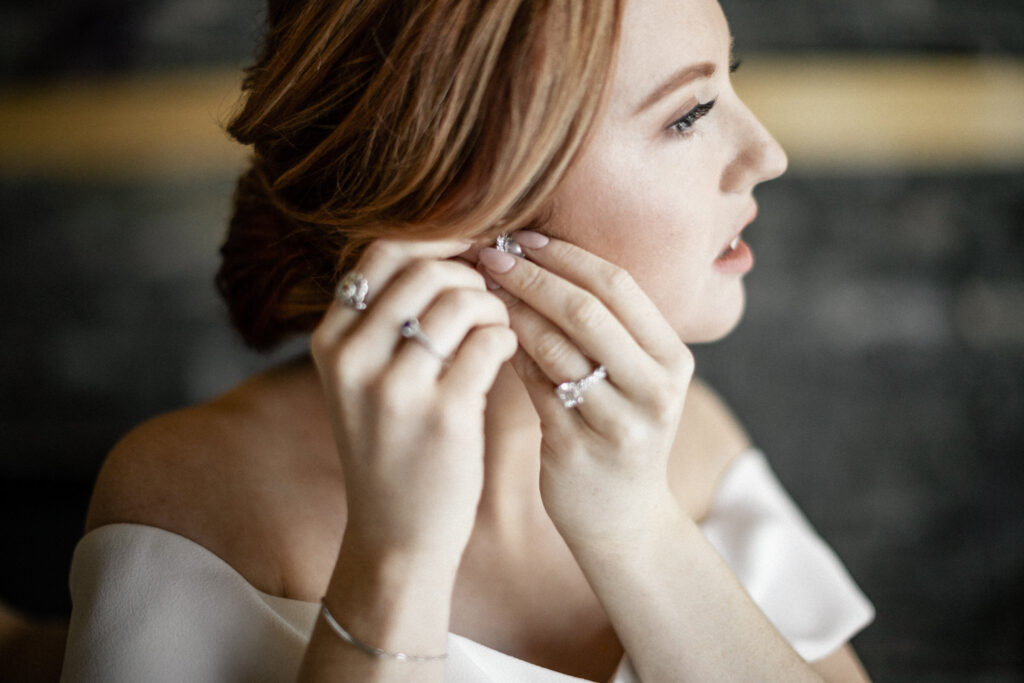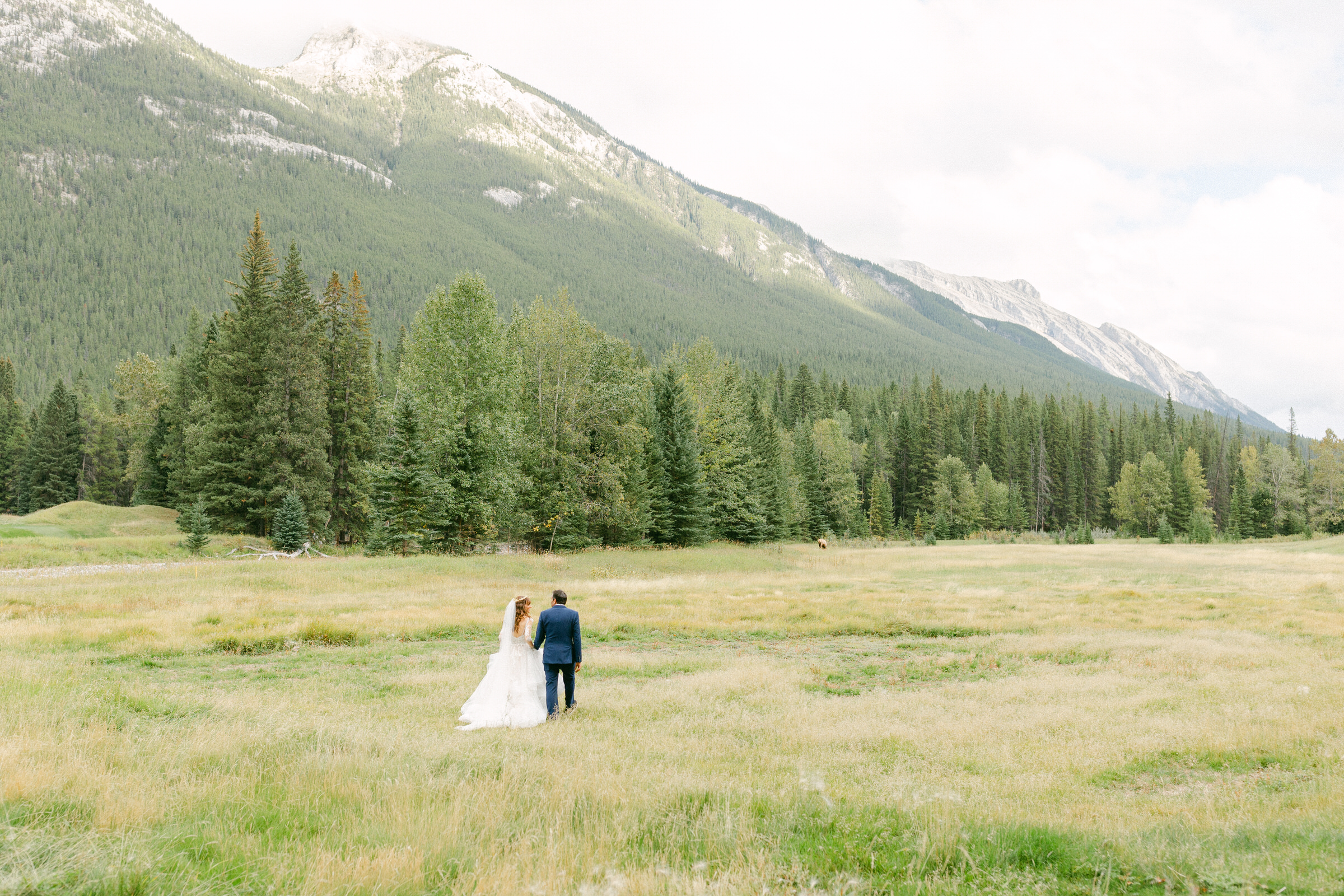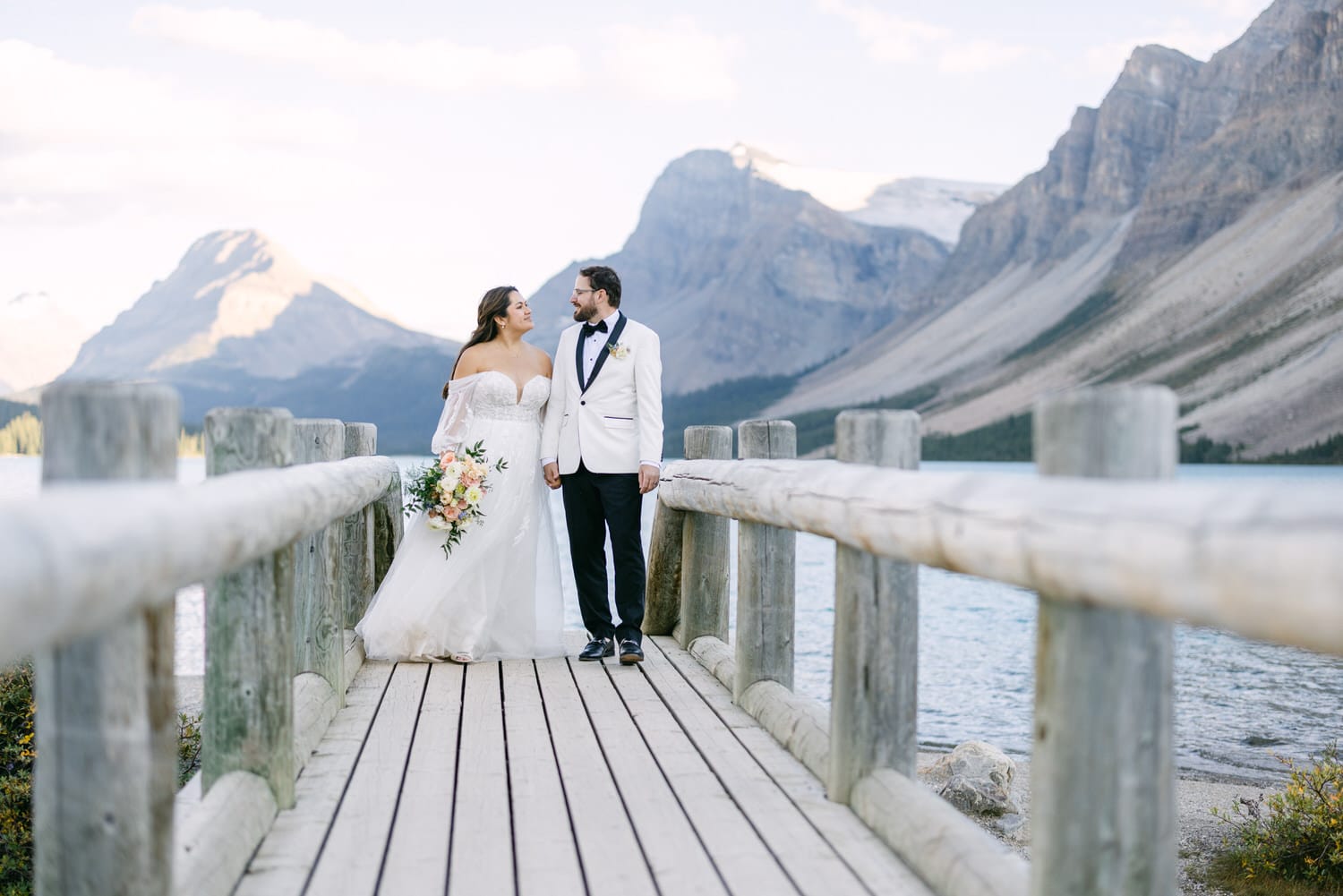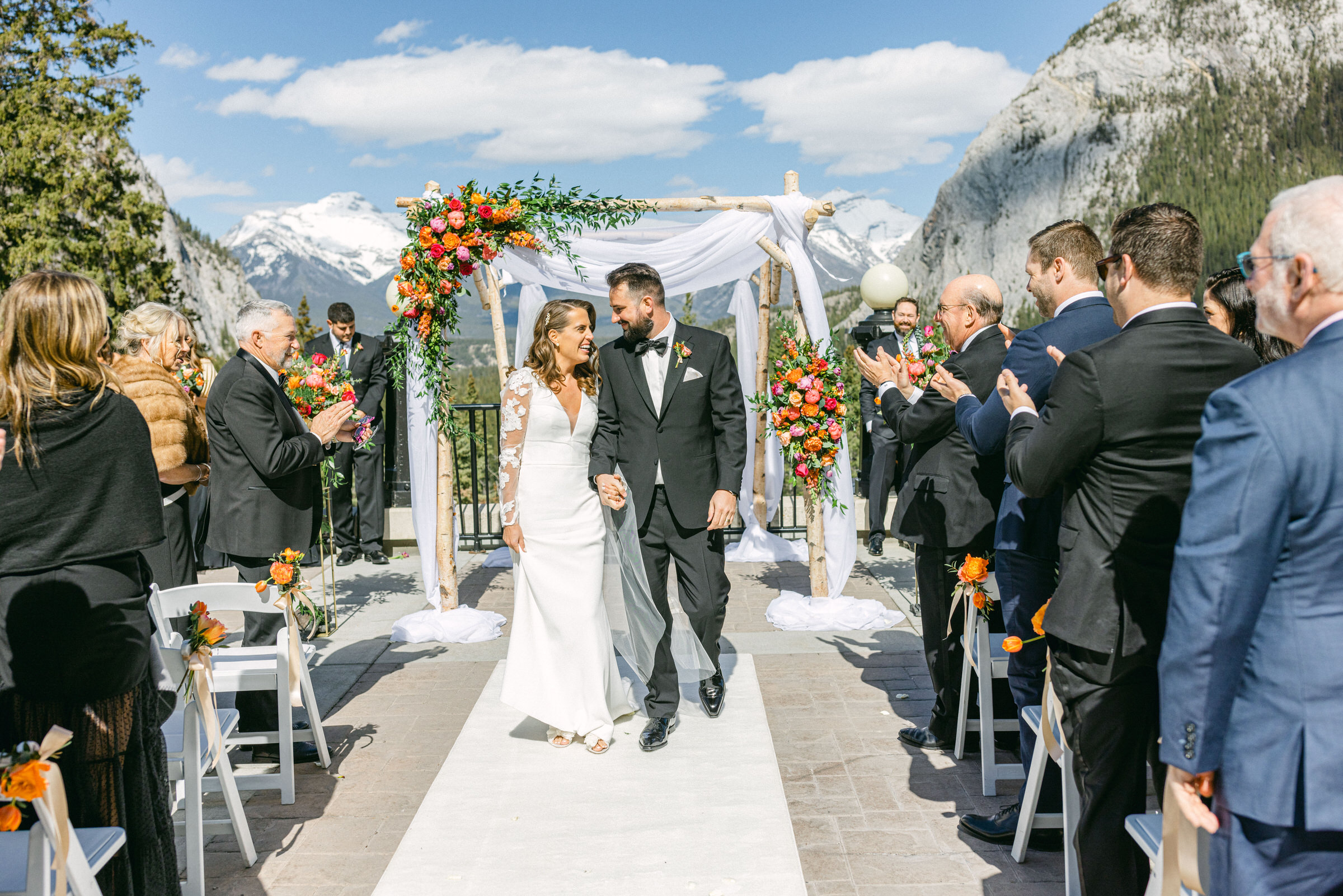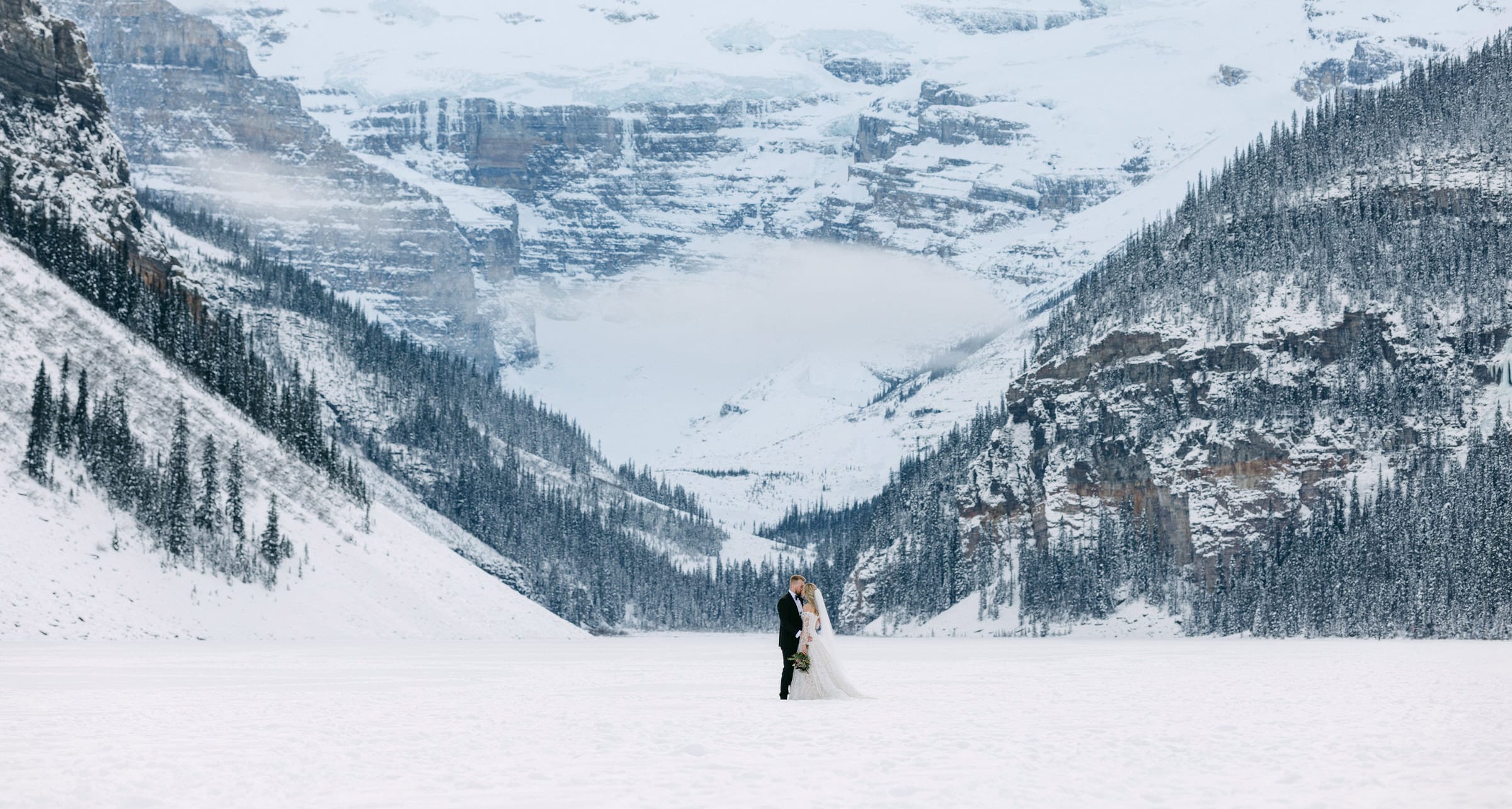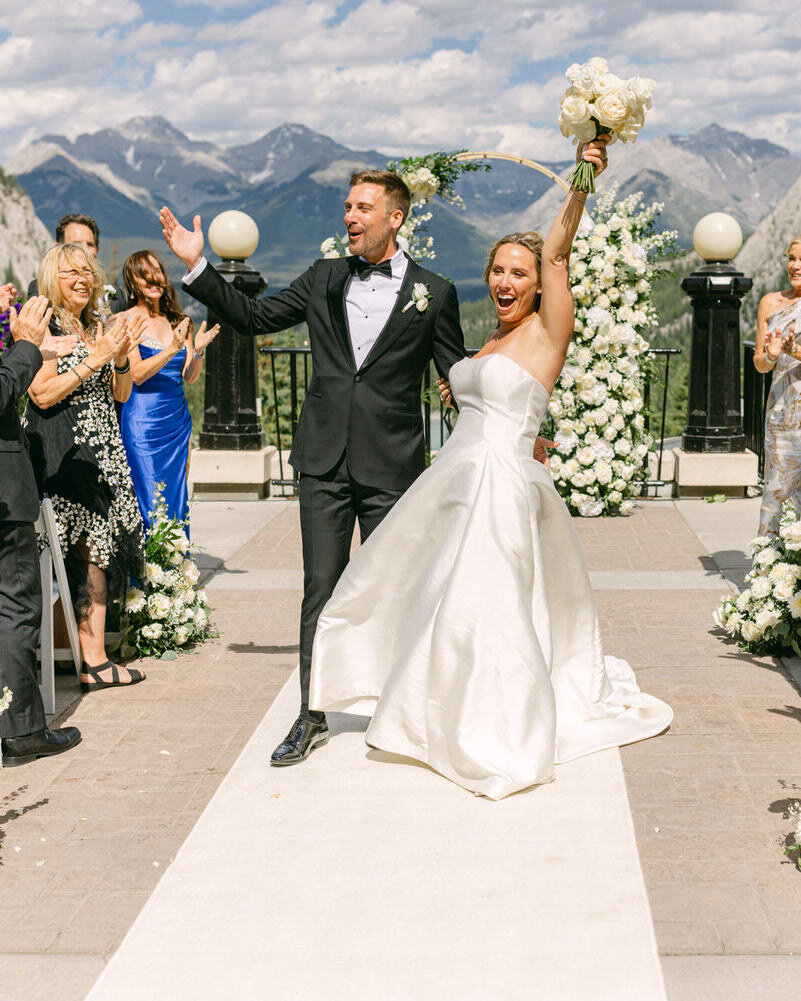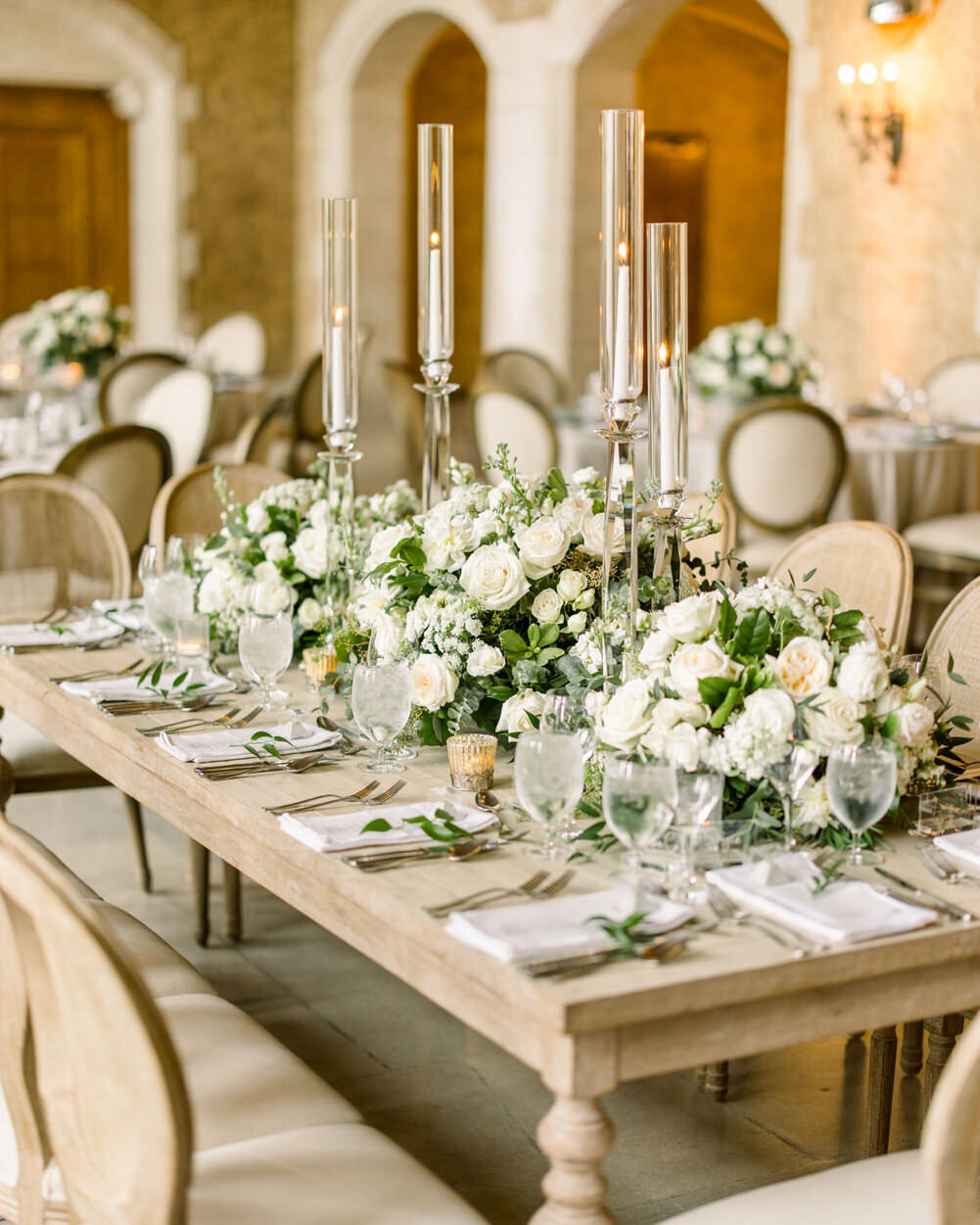Understanding Wedding Photography as an Investment
What does the average wedding photographer cost?
Answer: The average cost of a wedding photographer ranges from $4,000 to $15,000 for professional coverage. This variance in pricing depends largely on what the package includes, the photographer’s experience, their artistic talent, and the operational aspects of their business.
Why does a wedding photographer’s fee vary so widely?
Understanding the reasons behind these costs can help you avoid gambling with one of the most enduring elements of your wedding day—your memories.
Many couples categorize photographers within their wedding budget alongside other vendors. You might allocate funds for hair and makeup, a wedding planner, and even consider the cost of gifts the groom might present to his groomsmen as he gets ready, or even a great location for getting ready for the bride. Amidst these expenses, it’s crucial to recognize the unique role of a wedding photographer—not just as another vendor, but as an integral part of the day who captures memories that will last a lifetime.
A wedding photographer does more than take photos; they provide comfort, create a rapport, and capture the essence of your celebration. They are there throughout your wedding, from the early moments of preparation to the final dances, making it essential that they are someone you trust and enjoy being around.
Explore Blog Posts From Geoff Wilkings Photography
Breakdown & Costs Involved
Do you have a budget for wedding photography? Most couples do, and often, this budget reflects more than just numbers—it’s about valuing lasting memories. If photography is a priority, understanding what influences the cost is crucial. Below is a detailed list of expenses a photographer incurs to run their business, which contributes to the cost of hiring them:
- Legal and Professional Fees: Expenses for legal advice, contract drafting, and potentially accounting services.
- Equipment Costs: Includes cameras, lenses, lighting equipment, tripods, and other essential gear.
- Website Maintenance: Costs for hosting, domain renewal, and website design updates.
- Equipment Maintenance and Repair: Regular servicing and unexpected repairs to keep equipment in optimal condition.
- Insurance: Business insurance covering equipment, liability, and possibly venue damages.
- Software Subscriptions: Expenses for photo retouching and editing software like Adobe Photoshop and Lightroom.
- Studio Rent: Costs associated with renting a space for photography and client meetings.
- Marketing and Advertising: Expenses related to promoting the business through various channels such as social media, bridal shows, and print advertising.
- Employee Salaries: If the photographer has staff, salaries and possibly benefits need to be covered.
- Travel and Transportation: Costs for travelling to different venues, including fuel, vehicle maintenance, and possibly accommodation. For instance, I am based in Calgary and flights, or driving and accommodation fees might be additional charges or included depending on the investment made and collection chosen.
- Business Licenses and Permits: Fees for the legal operation of the business, especially in regulated locations like national parks.
- Continuing Education: Costs for workshops, courses, and seminars to improve skills and stay current with industry trends.
- Utilities: If operating from a studio, costs for electricity, water, heating, and internet services.
- Office Supplies and Equipment: Day-to-day office needs such as computers, printers, paper, and other consumables.
- Payment Processing Fees: Costs associated with processing payments, including credit card fees and banking charges.
- Taxes: Includes state, federal, and possibly city taxes that need to be accounted for from income.
- Retirement and Savings Contributions: Personal savings and retirement planning to ensure financial stability.
- Post-Production Hardware: Includes powerful computers and monitors specifically for photo and video editing.
- Backup Storage Solutions: External hard drives, cloud storage subscriptions, and other backup methods to safeguard client photos and business data.
- Props and Backdrops: For photographers who also do studio shoots, various props and themed backdrops.
- Printing Costs: For photographers who provide printed photos, albums, or wall art directly to clients.
- Client Gifts and Packaging: Costs of thank-you gifts, custom packaging, and presentation materials for delivering final products.
- Communication Expenses: Costs associated with mobile phone plans, internet, and possibly international calls if working with overseas clients.
- Workshop and Event Participation: Fees for participating in industry workshops, trade shows, and networking events to attract new clients.
- Health Insurance: If self-employed, the cost of health insurance is an important consideration.
- Seasonal Decorations/Updates: For those who update their studio or settings seasonally to attract clients for themed shoots.
- Gallery Showings: Costs associated with hosting or participating in gallery showings to display and sell their work.
- Subscription Services: Membership fees for professional photography organizations and subscriptions to industry magazines or journals.
- Legal Document Preparation: Costs for the preparation and updates of client contracts, model releases, and other legal documents.
- Customer Relationship Management (CRM) Software: Subscription costs for CRM platforms that help manage client interactions, bookings, and follow-ups.
- Depreciation of Assets: The financial accounting of the depreciation of expensive equipment over time.
- Refreshments: Costs for providing refreshments during client meetings or shoots, especially for longer sessions.
- Assistant and Second Shooter Fees: Costs for hiring additional photographers or assistants to help during large weddings or to meet specific client requirements.
- Wardrobe and Professional Attire: Investment in professional clothing appropriate for weddings and other formal events where the photographer needs to blend in with guests.
- Childcare: For photographers who are parents, the cost of childcare during weekends or long shooting hours.
- Renovations and Studio Decor: Costs associated with customizing or updating a studio space to make it appealing for client visits and shoots.
- Seasonal Promotions and Discounts: Expenses related to marketing campaigns and discounts offered during slow seasons or special occasions.
- Networking Event Costs: Fees for attending networking events or hosting events to build relationships with vendors and potential clients.
- Trade Association Dues: Annual dues for belonging to professional photography associations which can provide benefits like resources, legal support, and business tools.
- Specialized Equipment Rental: Costs for renting specialized equipment that is not used frequently enough to justify purchase, like certain lenses, drones, or lighting kits for unique wedding venues or shoots.
- Travel Insurance: For destination weddings, travel insurance is crucial to cover unexpected travel issues and equipment safety.
- Software Upgrades: Regular updates to software that require new licenses or feature unlocks that improve workflow efficiency.
- Emergency Fund: Allocation of funds for unexpected emergencies or downturns in business, ensuring financial stability.
- Photography-Specific Insurance: Beyond general business insurance, specialized insurance that covers specific photography equipment and liability scenarios unique to the profession.
Understanding these detailed expenses provides insight into why high-quality wedding photography might come with a higher price tag. These photographers invest significantly in their art to ensure that they capture your special day in the most beautiful and memorable way possible, creating artful memories that stand the test of time.
Explore Blog Posts From Geoff Wilkings Photography
The balance between quality and quantity is crucial. A professional photographer aims to deliver a carefully curated collection of your wedding day, emphasizing artistry over mere volume. Each photo is meticulously developed using both traditional darkroom techniques and modern digital tools, ensuring that each image captures the unique atmosphere and emotion of your wedding.
Logistical considerations also significantly affect pricing. The time a photographer spends at your wedding, the distance they travel, and the hours dedicated to post-production all contribute to the final cost. For example, while an 8-hour engagement might yield 400 to 600 carefully crafted photos, a full 12-hour booking could result in up to 900 meticulously edited images, each reflecting the photographer’s attention to detail and artistic vision.
Experience and Talent
Experience is a critical asset in wedding photography. Photographers who have covered hundreds of weddings bring not only their skills but also an in-depth understanding of how to capture fleeting moments in a compelling way. This extensive experience allows them to anticipate and seize moments that might otherwise go unnoticed, providing you with a richer, more vibrant collection of memories, and will share with you for instance, what is the point of an engagement shoot and so much more.
However, it’s important to note that the number of weddings a photographer has covered is just one aspect of their expertise. The quality of engagement and the photographer’s ability to bring a unique perspective to your special day also play significant roles. A photographer who is actively engaged and creatively captures the essence of your wedding offers far greater value than one who merely “shows up” to take pictures.
Talent also commands a premium. Skilled photographers spend years, if not decades, perfecting their craft. Their expertise enables them to not only capture images but also to create an atmosphere and compose shots that tell a story. This level of skill is what you invest in when you choose a professional photographer—it’s about more than just documenting events; it’s about capturing memories in a way that feels authentic and deeply personal.
Explore My Articles to Help Plan Your Celebration
Conclusion: The True Value of Professional Wedding Photography
Investing in a wedding photographer is not merely a financial decision—it’s about choosing a partner who will document one of the most important days of your life. The costs associated with professional wedding photography reflect the depth of technical expertise, artistic vision, and operational expenses necessary to provide such a high level of service. When you hire a professional photographer, you are not just paying for beautiful images; you are investing in peace of mind and the assurance that those fleeting moments will be captured with artistry and technical precision. Furthermore, many know the logistics of other areas in their niche, like how to get married in Alberta, ceremony ideas, best engagement locations, how to capture cadid photographs, so underestimating the knowledge of an experienced photographer is priceless.
As you plan your wedding, remember that the photographer is the one vendor who will document the essence of your day, ensuring that every laugh, tear, and dance is captured for posterity. Their images will tell your wedding story for years to come, making it crucial to choose someone whose vision and style resonate with you and who brings the utmost dedication and professionalism to their craft. This investment goes beyond the immediate joy of the wedding day—it ensures that your memories will be cherished, beautifully preserved, and relived for generations to come.
Choosing the right photographer means understanding the full scope of what they bring to your wedding. It’s not just about the hours they spend with you on the day, but also about the years of experience they bring, the high-quality equipment they use, their artistic vision, and their ability to turn a moment into a memory. Consider this as an essential investment in your wedding day, one that merits careful consideration and appreciation of the true value that a skilled professional photographer provides.
Frequently Asked Questions
What is the average cost of a wedding photographer?
The average cost of a wedding photographer ranges from $4,000 to 15,000 depending on factors such as experience, location, and services included.
What factors influence the cost of a wedding photographer?
Several factors affect the cost, including the photographer’s experience, reputation, location, duration of coverage, and additional services like engagement sessions or albums.
How many hours of coverage are typically included in a wedding photography package?
Most wedding photography packages offer between 8 to 10 hours of coverage, capturing events from preparation through the reception. Some photographers provide flexible packages to accommodate specific needs or multiday weddings will require more hours.
Are engagement sessions usually included in wedding photography packages?
Engagement sessions are often included or offered with discounted photographers but more mid to luxury brands do not include them. Read here to learn what is the point of an engagement session.
What is the typical turnaround time for receiving wedding photos?
The delivery time for wedding photos varies by photographer but generally ranges from 4 to 12 weeks after the wedding. This timeframe allows for thorough editing and preparation of the final images.
Is it necessary to provide a meal for the wedding photographer?
Yes, it’s customary to provide a meal for your photographer, especially if they are covering the entire day. This ensures they remain energized and focused throughout your event.
Is it customary to tip a wedding photographer?
Tipping is appreciated but not mandatory and if often related to the area you are getting married. It would be encouraged to chat with your wedding planner about these details.
How far in advance should we book a wedding photographer?
It’s advisable to book your wedding photographer 9 to 18 months in advance, particularly if your wedding is during peak season, to secure your preferred professional.
